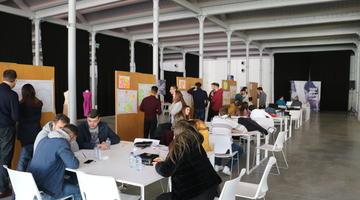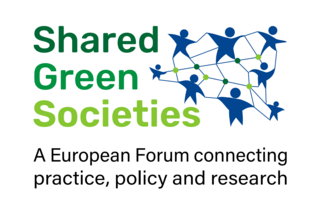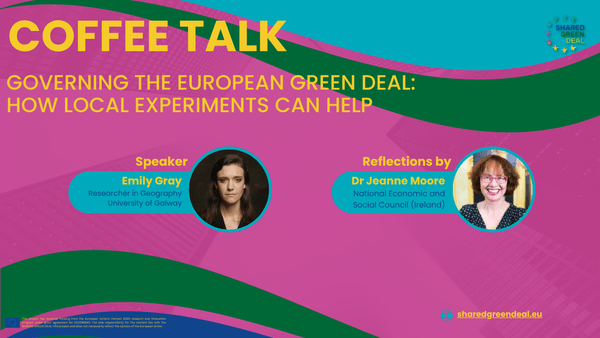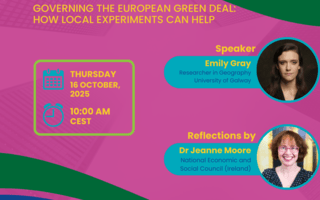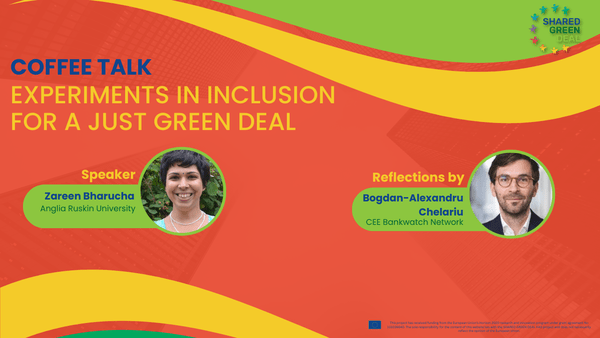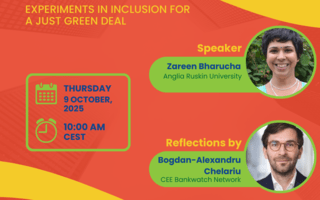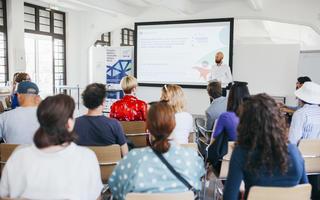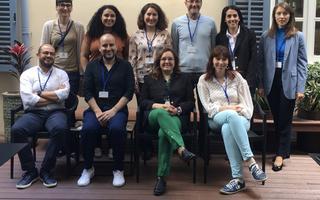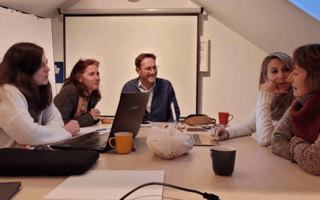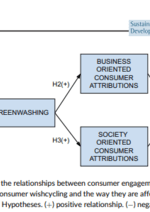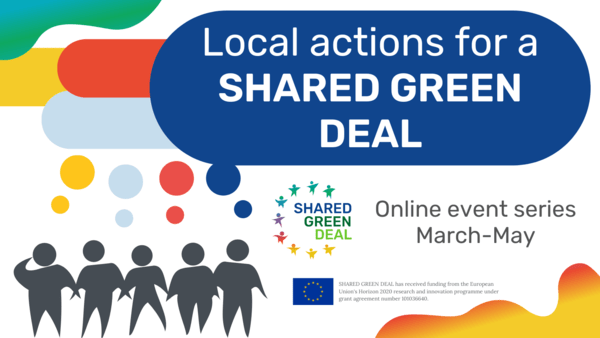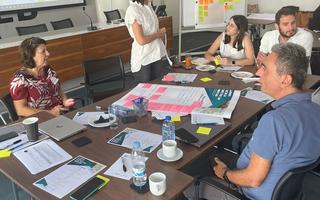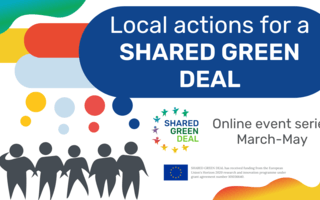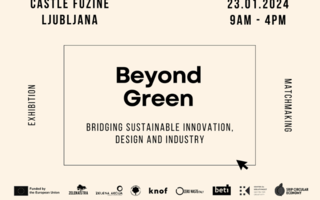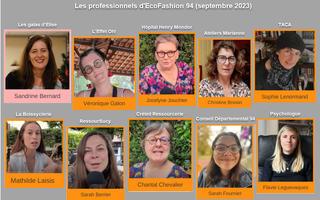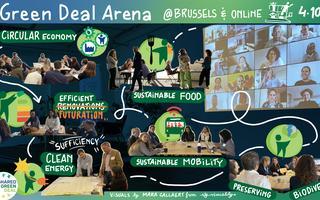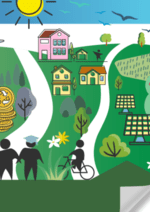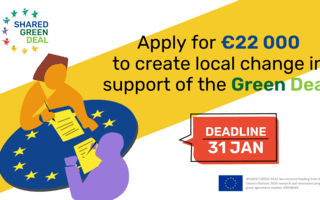Circular Economy
Mobilising industry for a clean and circular economy
The EU’s transition to a circular economy will reduce pressure on natural resources and will create sustainable growth and new employment opportunities. Circular Economy presents an opportunity to achieve the EU’s 2050 climate neutrality target and to halt biodiversity loss. The involvement of local governments, and local small and medium-sized enterprises, has the potential to drastically increase the roll-out of a circular economy and benefit citizens across Europe, as well as their local economies.
Specific description of action
This social experiment will focus on the three pillars of sustainable/circular products, companies’ practices (e.g., greenwashing), citizens’ perception, and local government involvement (e.g., wish-cycling). A Circular Economy Certification Scheme will be tested with small and medium-sized enterprises, and groups of citizens. The work focus on resource-intensive sectors, for example the packaging industry. The work will align with the EU’s Circular Economy Action Plan as well as ongoing European efforts to strengthen consumer rights and ensure fair commercial practices.
The experiments stimulated the introduction of circular economy concepts and monitor their adoption within local businesses. It sought to create an acceptance model to measure how citizens perceive the roll-out of circular economy certified products and directly support the Green Deal ambition of provision of “reliable, comparable and verifiable information” for citizens, and link to the UN’s Sustainable Development Goal to ‘Ensure sustainable consumption and production patterns’ (goal 12).
Specific attention was to be given to vulnerable groups of citizens with mobility and visual impairments.
Local Partners
- Cyprus Organisation for Standardisation (CYS), Nicosia/Limassol/Larnaca, Cyprus
- Camara Municipal de Santo Tirso, Santo Tirso, Portugal
- Technology Park Ljubljana, Ljubljana, Slovenia
- Val de Marne en Transition, Val-de-Marne, France
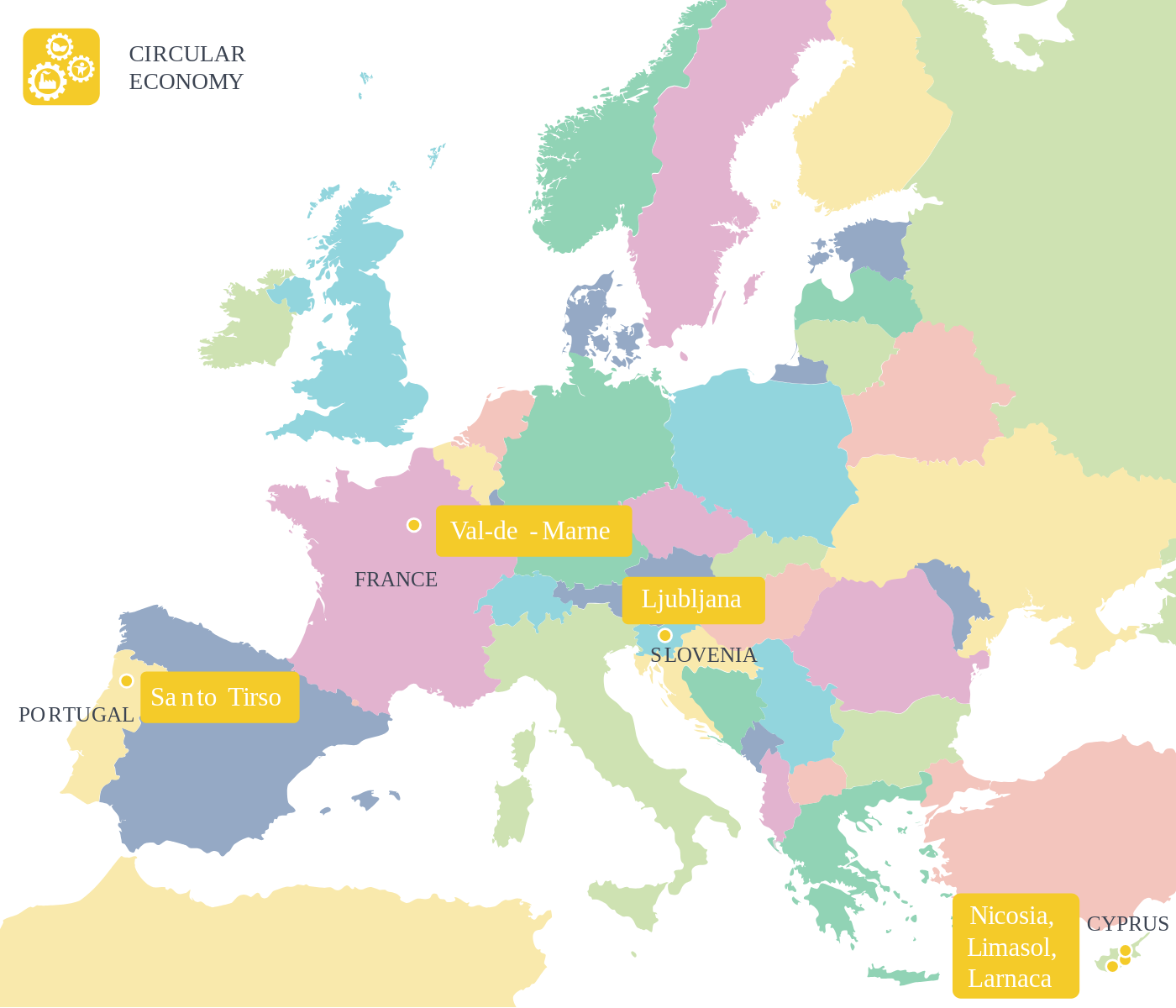
Social sciences and humanities background
Our approach draws on insights from the project Ideal Cities on the specific needs of vulnerable groups relating to circular economy practices, and from the CE-IoT project about business innovation and perceptions of circular economy business models. Moreover, on the Circular Economy Certification Scheme our approach will be considerably supported by the experience of the partner Circular Economy Alliance in the field of certification development.
Alongside qualitative measures related to business innovation processes, a quantitative research approach is adopted to test the scheme itself, and an operational model will be constructed incorporating psychological theories of reasoned action, planned behaviour and attribution theory. Moderating and mediating factors will be identified (e.g., communication practices) to increase citizen engagement with business regulation.
TIMELINE
Case Study Guides
|
Find out more
LEAD PARTNERS ON THE PRIORITY


CONTACT
For further details please contact co-leads Professor Chris Foulds (chris.foulds@aru.ac.uk) and Professor Rosie Robison (rosie.robison@aru.ac.uk).

This project has received funding from the European Union’s Horizon 2020 research and innovation program under grant agreement No 101036640. The sole responsibility for the content of this website lies with the SHARED GREEN DEAL HAS project and does not necessarily reflect the opinion of the European Union.

